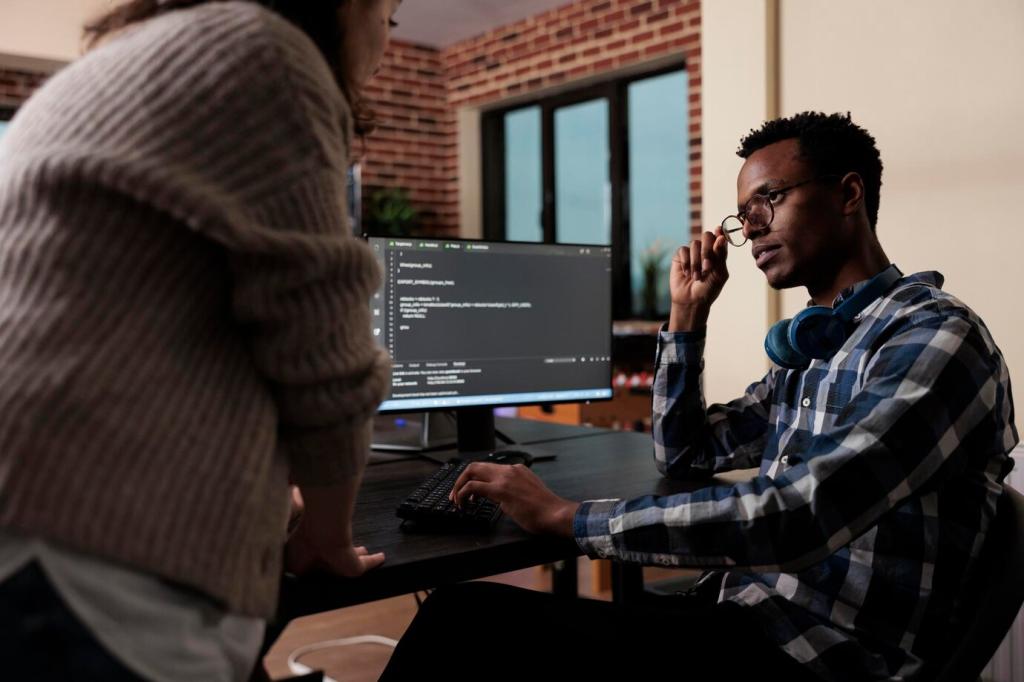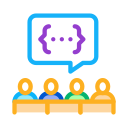Engaging with Open Source Communities: Best Practices
Participating in open source communities can be an enriching and empowering experience, both professionally and personally. Whether you are a new contributor or an established developer, effectively engaging with these communities helps foster collaboration, creativity, and innovation. Engagement is much more than code contributions; it involves communication, understanding, and following best practices that promote a healthy and productive environment for everyone involved. This guide explores the essential principles you should embrace when becoming part of an open source initiative, offering actionable insights for building strong relationships and making impactful contributions.
Understanding the Open Source Culture
Transparency lies at the heart of every successful open source community. All major decisions, from code changes to project direction, happen in the open, often documented for public scrutiny and discussion. This transparency ensures that contributors feel invested and can openly review or contribute to the ongoing work. When engaging with a new project, take time to understand its decision-making process and look for publicly available meeting notes, design documents, and roadmap discussions. Embracing transparency not only helps you stay informed but also builds trust between you and other contributors as you demonstrate your willingness to openly collaborate and learn from one another.

Effective Communication Strategies
Most open source projects rely heavily on asynchronous communication through platforms like mailing lists, forums, or chat rooms. This means contributors may not respond to messages instantly, necessitating patience and clarity in every exchange. When submitting questions or feedback, be concise yet thorough, providing relevant context so others can help effectively. It’s important to interpret delayed responses not as disinterest, but as a reality of global collaboration. Respect time differences, recognize varying levels of commitment, and manage your own expectations regarding turnarounds, all while remaining engaged and proactive.
A fundamental skill in open source engagement is knowing how to ask thoughtful questions and offer constructive feedback. Before seeking help, research existing discussions, documentation, or issue trackers to avoid redundancy. When reaching out, be polite and detailed, specifying your environment, error messages, and actions taken so far. This makes it easier for others to respond and fosters goodwill. Conversely, when reviewing pull requests or code, frame your feedback positively, focusing on the work rather than the person. Encourage learning through specific suggestions and always acknowledge others’ efforts, nurturing a supportive atmosphere where everyone is empowered to grow.
Establishing rapport in geographically dispersed open source teams can be challenging, but it’s a key factor for positive collaboration. Introduce yourself on community channels to create a sense of connection beyond your technical contributions. Look for shared interests or recurring contributors with whom you can develop relationships built on mutual respect. Participate regularly in community discussions, video calls, or virtual events to strengthen these ties. Effective rapport means you are trusted and your perspective is valued, making collaboration more productive and enjoyable for everyone involved.
Contribution Etiquette and Best Practices
Reading and Following Project Guidelines
Before making any contributions, it’s essential to familiarize yourself with the project’s contribution guidelines, code of conduct, and submission workflows. These documents outline expected behaviors, coding styles, documentation standards, and legal considerations such as licensing. Adhering to these rules ensures your work integrates smoothly and garners positive attention from maintainers. Failure to follow guidelines can lead to misunderstandings or rejections, so demonstrate your respect for the project by taking the time to read and carefully implement its policies for every submission.
Making Useful and Thorough Contributions
Whether you are contributing code, editing documentation, or helping with outreach, strive for thoroughness and utility in everything you do. Well-documented pull requests, comprehensive test cases, and clear commit messages significantly enhance the quality of your contributions. Consider the maintainers’ workload by double-checking your work for errors or duplicate efforts. Show initiative by referencing related issues or discussions, clearly articulating how your input advances the project’s goals. By consistently delivering thoughtful and high-quality contributions, you establish a reputation as a reliable and valued member of the community.
Handling Criticism and Iteration
Open source contributions are almost always reviewed and discussed by others, and feedback is a vital part of the process. It’s important to approach criticism with an open mind, recognizing it as an opportunity for improvement rather than a personal affront. Respond graciously to suggestions, clarify misunderstandings calmly, and be willing to revise your work as needed. Iteration—making changes based on feedback—is not only expected but celebrated in open source development. Your willingness to engage positively with the review process demonstrates professionalism and maturity, setting you up for long-term success and influence within the community.
